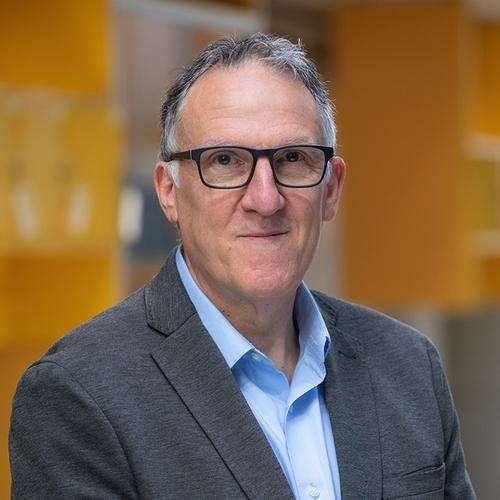
Carlos Ramos
Margaret E. Deffenbaugh and LeRoy T. Carlson Professor in Comparative Literary Studies & Professor of Spanish
Links
Teaching and research focused on 19th, 20th and 21st century Spanish peninsular literature and cultural history.
My teaching and research focus on 19th–21st century Spanish peninsular literature and cultural history. Two early books—Ciudades en mente: Dos incursiones en el espacio urbano de la narrativa española moderna, 1887–1934 (2002) and Construyendo la modernidad: Arquitectura y escritura en el Madrid moderno, 1918–1937 (2010)—explored the literary reverberations of modernization and urbanization in Spain.
More recently, after years of research, I published Poesía insomne. Una antología de poemas del alba y la vigilia (Universitat de Lleida, 2025), which gathers lyrical explorations of dawn and nocturnal vigil. Themes range from erotic desire and religious fervor to work-induced alienation and sleepless anxiety, framing poetry of wakefulness as both rebellious and self-defining.
Another line of research has focused on Civil War photography. With Professor Judith Black (Art Department), I co-organized two exhibits in Wellesley and Spain, and edited the trilingual catalog Lleida en guerra. La col·lecció Ramon Rius (2007) with contributions from specialists in Spain, Mexico, and the U.S. My article "Aura and Spectacle: The Digital Restitution Project at Sant Climent de Taüll" (International Journal of New Media, Technology, and the Arts, 2018) examines how projection mapping and digital reconstructions reshape the medieval mural ensemble, balancing Benjaminian aura and mediated spectacle.
I have also explored the history of the Spanish Department at Wellesley; for an account of Spain’s historical presence in the department, see "Exiliados, creadores y pioneras: Historias de hispanistas en Wellesley College" (2023, Instituto Cervantes at FAS – Harvard University).
At Wellesley I strive to align research and teaching, offering courses on Spanish theater, post-Civil War narrative, 19th-century culture, Spain–U.S. cultural connections, and contemporary Spain, along with seminars. Between 2003 and 2023, I led nine Wintersession courses abroad under the title “Barcelona and the Spirit of Modernity, 1859–Present.” In 2011 I received the Pinanski Prize for Excellence in Teaching.
My service to the college has included membership on the Agenda Committee, Faculty Appointments, Curriculum and Academic Policy, Merit, the Provost’s Council, Accreditation Steering, and Strategic Planning (as co-chair of a Working Group). I also served as Founders/Green Hall Faculty Director and chaired the Department of Spanish for eight years.
Outside of work I enjoy exploring nature in New England and abroad, listening to music, and following—with paralyzing anxiety—my soccer team, F.C. Barcelona, while planning the next trip to Vall de Boí in the Catalan Pyrenees.
Education
- B.A., Universitat Central de Barcelona
- M.A., Emerson College
- Ph.D., Boston University